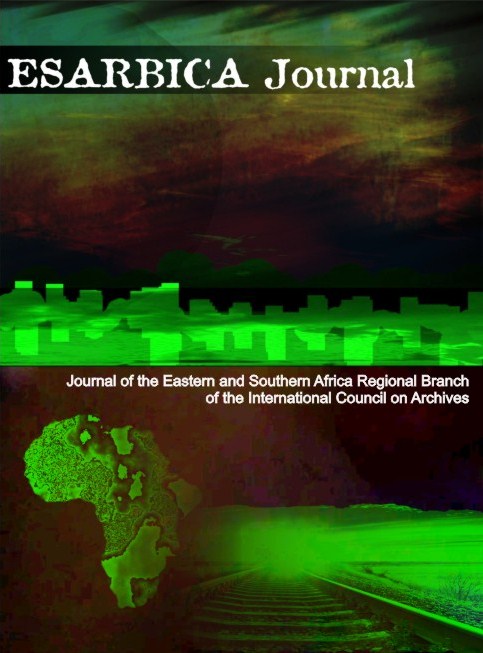Main Article Content
Transition from analogue to digital at the National Archives of Zimbabwe
Abstract
This paper seeks to bring to light the contemporary landscape of digital technology at the National Archives of Zimbabwe (NAZ) and its move towards the provision of access and awareness of its historical collections through technology. The institution has geared towards opening its doors to the public through outreach programmes; public exhibitions; websites; oral history projects; publications and broadcasting archives with changing circumstances. The ideology of taking the archives to the citizens has paved way for outreach archivists to do the right thing, in line with their obligations to provide access to information. The National Archives of Zimbabwe, like any other archive, preserves records that have been selected for permanent preservation because of their historical and enduring value. The paper explores the challenges faced by the public archivist in the management of traditional and analogue archives and the subsequent need for transition to digital technologies. The adoption of digital technologies in the management of public archives will enable the public archivists to provide faster and easier access to the archival materials. Digital technologies enhance information sharing and reduce redundancy of the collections. The researchers used a qualitative case study methodology with an interpretivist perspective where the main focus of the research was on the NAZ’s Public Archive. Interviews, document analysis and observations were used as the major data collecting methods. The results showed that the institution had made a good start, encouraging progress and was still working on the migration from analogue technology to full adoption of digital technology.



